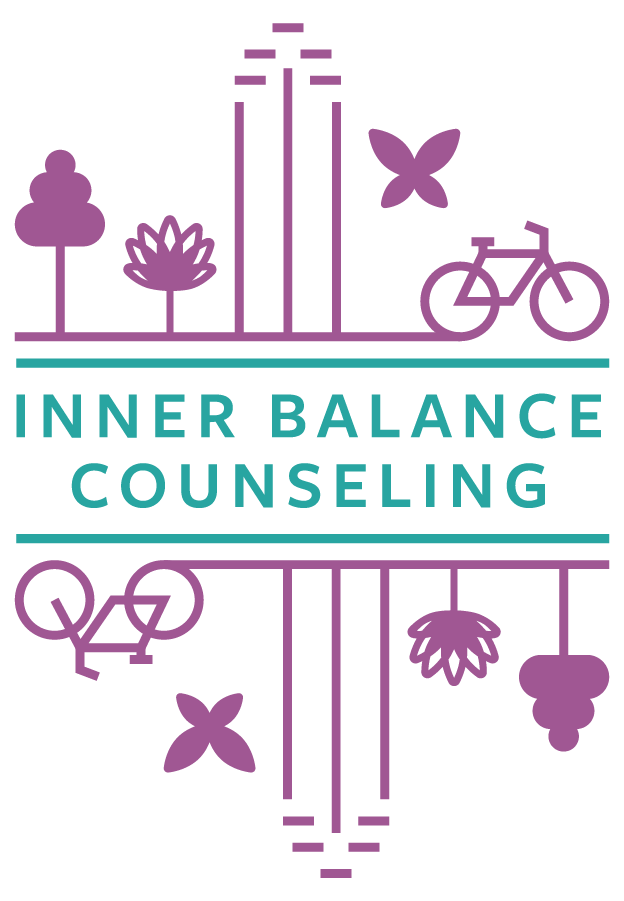Why Most Goals Fail -- And How to Make Yours Stick
As a new year approaches, many of us are thinking about what goals we have for the year ahead. Or perhaps you’re remembering some intentions you had for 2025 that haven’t quite panned out. It’s one thing to set goals, and another to actually follow through.
Only about 9% of people successfully maintain their New Year’s resolutions for a full year, and the average resolution lasts just 3.74 months. Early abandonment is common: 23% of resolutions are abandoned by the first week of January, and 43% by the end of the month.
Here’s how to set goals that stick, while remaining flexible to life’s ever unfolding journey.
1. Make Your Goals SMART
Specific, Measurable, Achievable, Relevant, and Time-bound (SMART) goals are more than a buzzword—they dramatically increase your chance of success. Goals with a clear action plan are 50% more likely to succeed than vague intentions. Clear goals reduce ambiguity, increase motivation, and help you track progress. For example, instead of “get in shape,” a SMART goal would be “walk 30 minutes, 5 times a week for the next month.”
2. Stick With Your Goals, Even When Motivation Wavers
Motivation naturally fluctuates, and setbacks are inevitable. Self-compassion, breaking goals into smaller steps, and celebrating small wins can help maintain momentum. Studies show that having accountability—regular check-ins with a support group, coach, or friend —can raise success rates to 95%.
3. Know When to Recalibrate
Sometimes our goals need adjusting. If circumstances change or priorities shift, changing the specifics of our goal isn’t failure, but rather recalibration. Adjusting goals can maintain motivation and prevent burnout. And keep in mind when creating your goals that approach-oriented goals (focused on achieving something) are generally more successful than avoidance-oriented goals, according to research from the National Institute of Health (NIH).
4. Pause and Celebrate Achievements
One often-overlooked step is to acknowledge progress. Positive psychology research shows that savoring accomplishments, even small ones, boosts fulfillment and reinforces the behaviors that helped you succeed. Pairing challenging tasks with enjoyable activities and celebrating yourself along the way (not just for results, but for continued effort) can keep you motivated to stick with your goals long-term.
As we look ahead to the new year, remember that goal-setting is a dynamic process, not a one-time task. If you’re ready to set meaningful goals and create a plan to stick with them, our New Year’s coaching package THRIVE is designed to guide you every step of the way. If you are interested in learning more, reach out to schedule a free exploration call: rebekah@innerbalanceatlanta.com.
